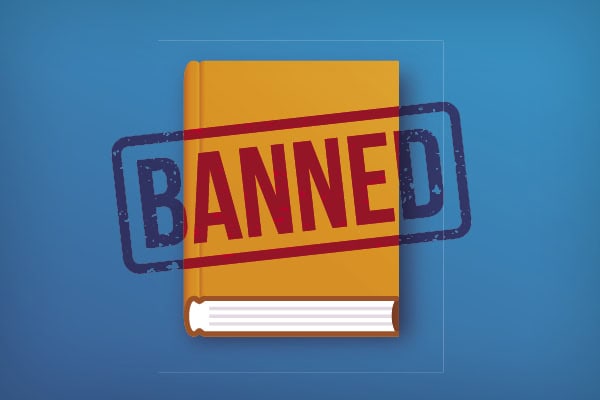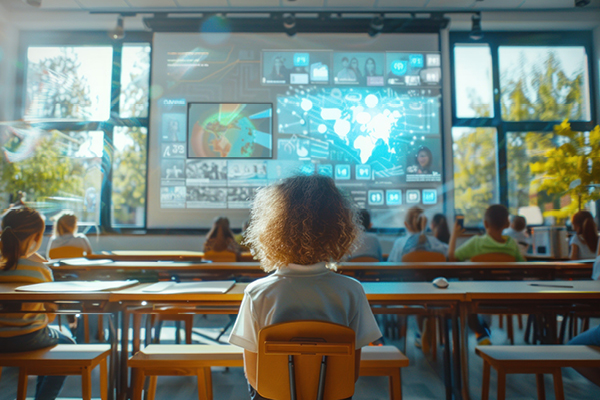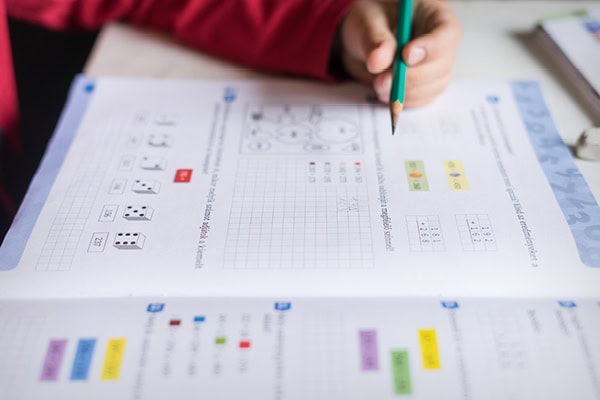The practice of censoring books has been around for centuries, according to NPR. But what does it actually mean to ban a book today? The answer depends on who you ask. Here are a handful of definitions from issue experts:
Kasey Meehan, program director of PEN America’s Freedom to Read (speaking at a video press conference in April): “We define a book ban as any action taken against a book based on its content that leads to a previously accessible book being completely removed from availability for students or where access to a book is restricted or diminished.”
Emily Drabinski, president of the American Library Association: “A ‘book ban’ is the removal of a title from a library because someone considers it harmful or dangerous. A ‘challenge’ is when someone raises an objection to a library material or a program or a service. ‘Reconsideration’ is the formal process libraries go through to determine whether a book meets the library’s selection criteria. We reserve ‘book ban’ for… a book that meets that criteria when it has been removed from a collection entirely. …”
Joe Tier, a self-described “concerned grandparent and parent living in Eldersburg, Maryland”: “I think [the term book ban is] designed to be inflammatory and to obfuscate the constructive dialogue that should occur about age-appropriate content. You really cannot ban anything, you know, material-wise these days because you have the Internet and you have PDFs. And so the term book ban is almost obsolete.”
Mustafa Akyol, senior fellow at the Cato Institute and author of Islam Without Extremes (banned in Malaysia in 2017): “When [a book] is banned, it’s not available, so it’s not legal to sell it. That’s what a book ban means. …
Mona Kerby, Master’s degree in School Librarianship coordinator at McDaniel College in Westminster, Maryland: “To me, ‘banned’ is the book’s not on the shelf. The few times I had some question about materials, those moments turned into wonderful opportunities between me and the parent just to discuss. And we both learned. So respecting one another’s opinion and listening to another’s opinion is not a bad skill to have.”
NPR





